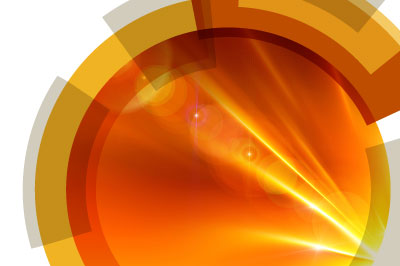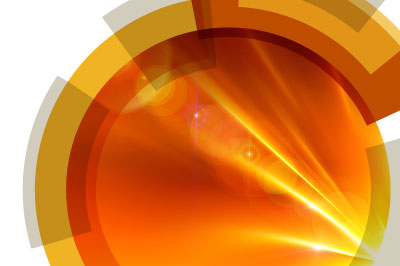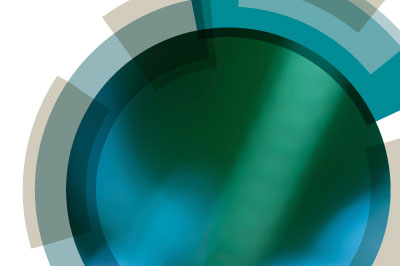If you are involved in hands-on UHPLC or HPLC method development in any capacity then this course is for you. This course is also suitable for anyone involved in troubleshooting older methods or transferring existing methods into a routine laboratory. It’s advisable for attendees to have some knowledge or experience of HPLC before taking this course. For complete beginners it is advisable to first attend our Stepwise Introduction to ‘Practical’ to HPLC course.
What does it cover?
This two day course will provide you with everything you need to develop ‘good’ (rugged and reproducible) UHPLC and HPLC methods that are fit for their intended purpose. You will gain the necessary theoretical knowledge, as well as the hands-on practical skills to enable you to do this.
Delegates will develop two separations: the first will be for a binary mixture containing a polar molecule and a non-polar species; the second will be for a ternary mixture containing ionic and non-ionic analytes.
What will I get from this course?
Based on the instructor’s extensive experience in the laboratory, supporting environmental and pharmaceutical method development, delegates will gain the practical, hands-on skills needed to develop better UHPLC and HPLC methods. Approximately 50% of the time on this course is spent in the laboratory in front of an instrument.
Available as an in-house or off-site course. Contact us for details
Tel: 0118 930 3660 Email: seminars@hichrom.co.uk
Hands-on Advanced UHPLC/HPLC Method Development (Continued) (2 days)
Course Outline
Revision of chromatographic theory
Nature of the analyte(s):
• Polarity/solubility
• Functionality
• Detectability
• Stability
Nature of the matrix:
• Analyte concentration
• Ease of extraction
• Chromatographic interference
Method requirements for accuracy, precision and sensitivity
Sample preparation approaches
Developing the separation
• Selection of initial conditions
• Sample concentration and injection volume
• Isocratic and gradient elution
• Optimising linearity, sensitivity, selectivity and resolution
• Strategies for ionic and non-ionic analytes
• Chiral separations
• Detector considerations
Biochemical separations
Method validation and transfer
Delegates are encouraged to bring questions, separation problems and other topics of interest to discuss during the course as a group or one-to-one with the instructor. This course aims to provide delegates with valuable, practical help that can be applied in real situations in real laboratories.
What does it cover?
This two day course will provide you with everything you need to develop ‘good’ (rugged and reproducible) UHPLC and HPLC methods that are fit for their intended purpose. You will gain the necessary theoretical knowledge, as well as the hands-on practical skills to enable you to do this.
Delegates will develop two separations: the first will be for a binary mixture containing a polar molecule and a non-polar species; the second will be for a ternary mixture containing ionic and non-ionic analytes.
What will I get from this course?
Based on the instructor’s extensive experience in the laboratory, supporting environmental and pharmaceutical method development, delegates will gain the practical, hands-on skills needed to develop better UHPLC and HPLC methods. Approximately 50% of the time on this course is spent in the laboratory in front of an instrument.
Available as an in-house or off-site course. Contact us for details
Tel: 0118 930 3660 Email: seminars@hichrom.co.uk
Hands-on Advanced UHPLC/HPLC Method Development (Continued) (2 days)
Course Outline
Revision of chromatographic theory
Nature of the analyte(s):
• Polarity/solubility
• Functionality
• Detectability
• Stability
Nature of the matrix:
• Analyte concentration
• Ease of extraction
• Chromatographic interference
Method requirements for accuracy, precision and sensitivity
Sample preparation approaches
Developing the separation
• Selection of initial conditions
• Sample concentration and injection volume
• Isocratic and gradient elution
• Optimising linearity, sensitivity, selectivity and resolution
• Strategies for ionic and non-ionic analytes
• Chiral separations
• Detector considerations
Biochemical separations
Method validation and transfer
Delegates are encouraged to bring questions, separation problems and other topics of interest to discuss during the course as a group or one-to-one with the instructor. This course aims to provide delegates with valuable, practical help that can be applied in real situations in real laboratories.










